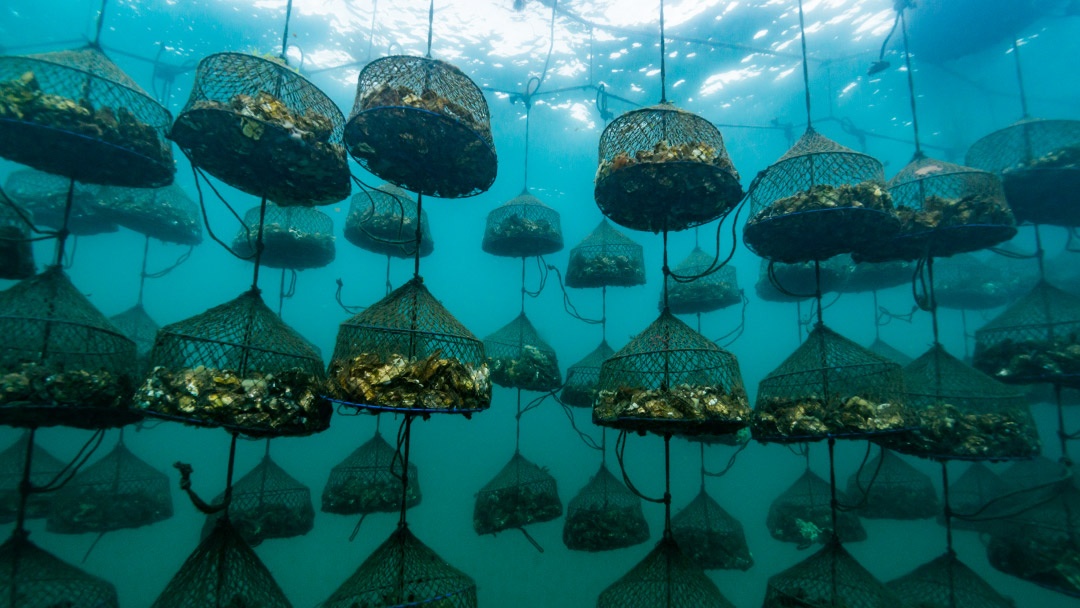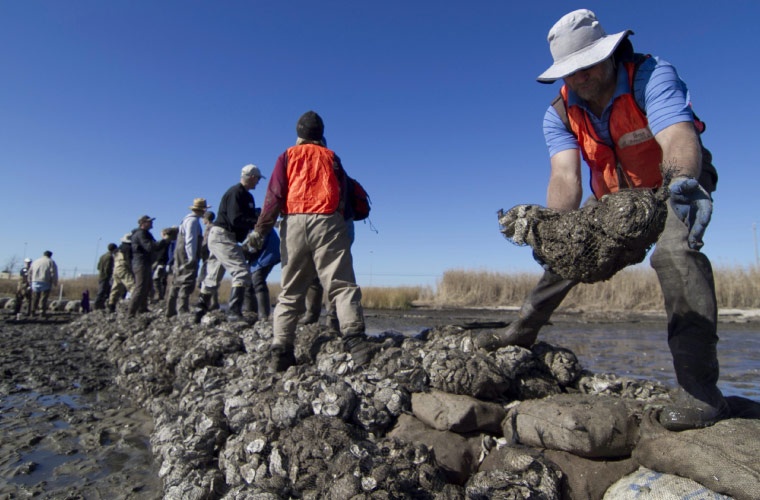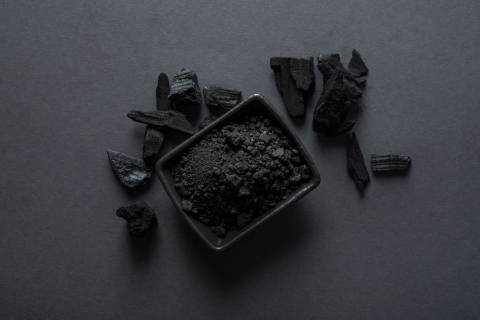
Contrary to what has been previously argued, oysters and other bivalve molluscs are not blue carbon sinks. In fact, the process of calcification, which allows oysters to form their shells, actually releases CO2, thereby reducing the oceans’ capacity to absorb atmospheric CO2.
This is the conclusion reached by a team of scientists from several international institutions. As outlined in the scientific journal Reviews in Aquaculture, although bivalves capture carbon in their shells, it primarily comes from bicarbonate ions in seawater, not directly from atmospheric CO2.
This means that the concentration of CO2, a greenhouse gas, is not decreasing as previously thought - it is increasing. Although the carbon is 'fixed' in the form of calcium carbonate, the net effect on the carbon cycle is negative in the short term.
In the long term, the ability of oysters and other bivalves to contribute to carbon sequestration is also limited, as the calcium carbonate used to fix carbon does not necessarily remain outside the carbon cycle over time scales relevant to climate change mitigation.
Study findings

In recent years, there has been a growing interest in identifying sustainable food sources that not only minimise environmental impact but also contribute to climate change mitigation. In this context, it has been proposed that bivalve molluscs, such as oysters and mussels, could act as carbon sinks, capturing atmospheric CO2 and storing it in their shells as calcium carbonate.
However, as the researchers show in their study "Cracking the myth: Bivalve farming is not a CO2 sink", published in Reviews in Aquaculture, the idea that farming oysters and other bivalves acts as a carbon sink is based on a misunderstanding of marine carbonate chemistry.
To reach this conclusion, the researchers analysed 51 scientific studies on the subject.
The study also highlights that, although bivalves are not carbon sinks, their farming provides other significant environmental benefits, such as improving water quality, regulating nutrients, and creating marine habitats.
Despite their positive impact on the sustainability of marine ecosystems, the authors emphasise the need for further research to better understand CO2 fluxes in aquaculture ecosystems, and the integration of experimental studies that can provide a more precise evaluation of the role bivalves play in carbon dynamics.


